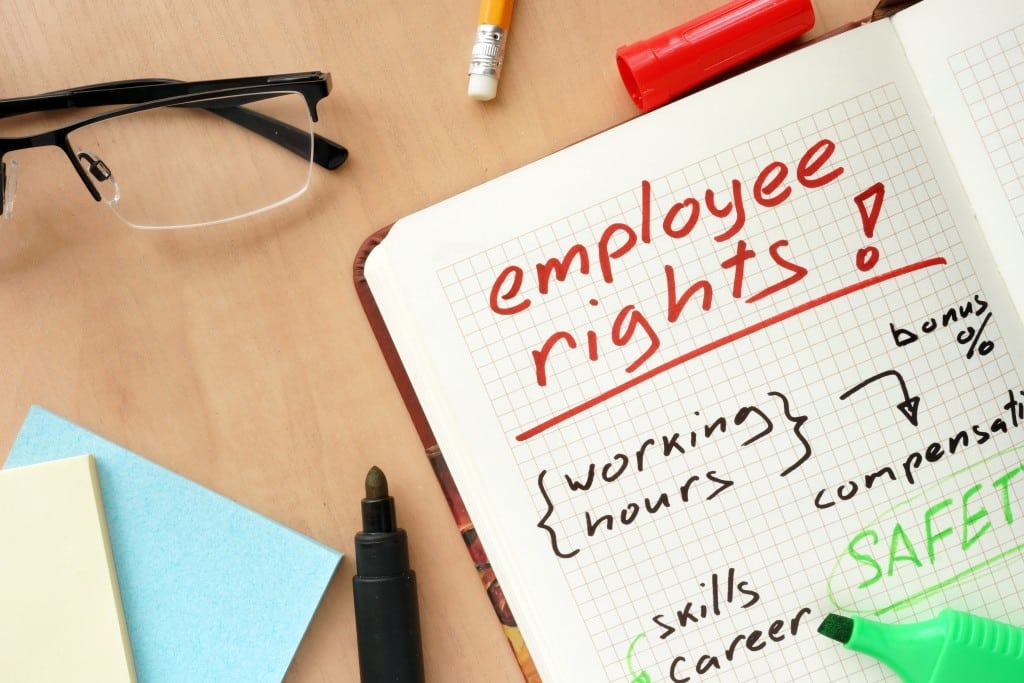The pandemic has turned every aspect of society upside down. It has also changed the situation of billions of workers all over the world and has raised various questions about employee rights and responsibilities. For many workers, the anxiety over the possibility of losing their jobs or contracting the virus while at work is a reality they constantly have to contend with. After all, these are unprecedented times, and we have no guidebook for how to navigate this new normal. We can look at pandemic cases during the late modern period, but society today is wildly different from what it was a hundred years ago.
Knowing your rights and responsibilities can help you maneuver your way in this new situation and adjust accordingly. Here are employee rights and responsibilities you need to know.
Right to healthy, safe, and fair working conditions
Even before COVID-19 hit, federal law had already entitled you to a safe workplace. The Occupational Safety and Health Act was signed into law in 1970 and was established to ensure employers would provide their workers with a working environment that’s free from known health hazards such as unsanitary conditions, exposure to toxic chemicals, mechanical hazards, excessive noise levels, and extreme temperatures.
In the time of corona, businesses and employers are mandated to prevent and slow the spread of COVID-19 in the workplace. Employers and managers are called upon to abide by the White House Guidelines for Opening Up America Again.
A healthy, safe, and fair working condition may include the following, according to the Centers for Disease Control and Prevention (CDC):
- Employers must actively encourage employees who are sick or were exposed to stay home. Workers who need to quarantine are those who are sick or are exhibiting COVID-19 symptoms, and those who are well but are living with someone who has COVID-19. Workers who are quarantining must be encouraged to follow the CDC’s recommended steps for quarantine and self-isolating.
- Employers must conduct daily health and temperature checks, and they must be done respectfully and privately. Those doing the checking must be fully equipped with PPEs and keep the health records as private as possible to avoid stigma and discrimination against those who might have COVID-19.
- Employers must determine where and how employees might be exposed to COVID-19 and do everything they can in their power to neutralize those threats. After conducting a thorough hazard assessment, employers must identify where workers must be equipped with PPEs. They must also encourage everyone to wear CDC-approved masks.
- Employers must educate workers about steps they can all take to protect themselves at work. Minimal public health standards include regular hand-washing with soap and water, maintaining a distance of six feet, wearing masks, and avoiding touching their faces.
- Employers must provide alcohol-based sanitizers in common areas and high-touch surfaces of the workplace. Deep cleaning and disinfection of the workplace must also be scheduled regularly.
Right to paid sick leave.
The Families First Coronavirus Response Act (FFCRA) is an Act of Congress that requires specific employers to give their workers paid sick leave or expanded family and medical leave for reasons related to COVID-19. You can determine your FFCRA eligibility through a tool created by the Department of Labor.
For employers who currently do not offer paid sick leave, the CDC recommends that they consider drafting new non-punitive “emergency sick leave” policies for their employees.
Protection from discrimination and wrongful termination

Employees who contract COVID-19 are protected under the Americans with Disabilities Act (ADA), which prohibits discrimination against those with disabilities and requires employers to provide reasonable accommodations for these individuals. The ADA continues to apply during the pandemic, which means employers are also prohibited from firing workers who contract the virus because, in some circumstances, high-risk individuals who suffer from underlying conditions that aggravate COVID-19 (like asthma or heart conditions) may be considered disabled.
Guidance from public health authorities may most likely change as the pandemic evolves. For more information about rights and responsibilities within specific industries, look into agencies like Truck Driver Rights that cater specifically to your job or trade.
Workers’ responsibilities
The law principle of “good faith” exists in the employer-employee relationship. In the same way that business owners have a duty to their staff, workers also have certain responsibilities to help prevent infections. Some reasonable expectations from employees include:
- Using the protective and safety equipment provided to you
- Staying home when you feel ill
- Reporting to the employer possible health hazards in the workplace
Knowledge is Power
To be the best and most effective employee you can be, arming yourself with the right information is crucial. So stay properly informed and do all that you can to protect yourself and those you work with.
